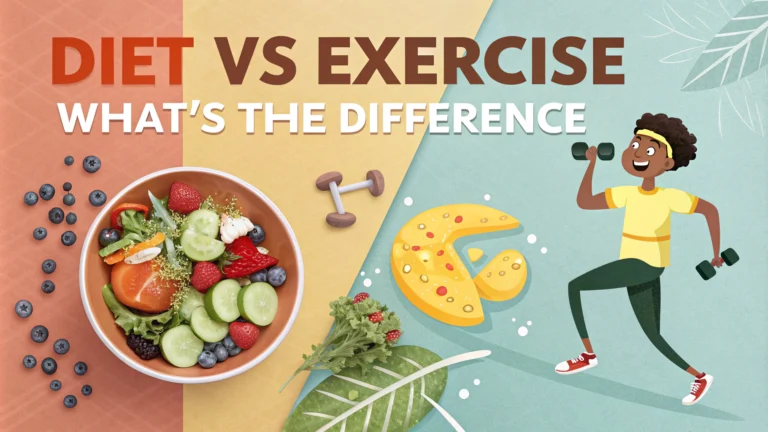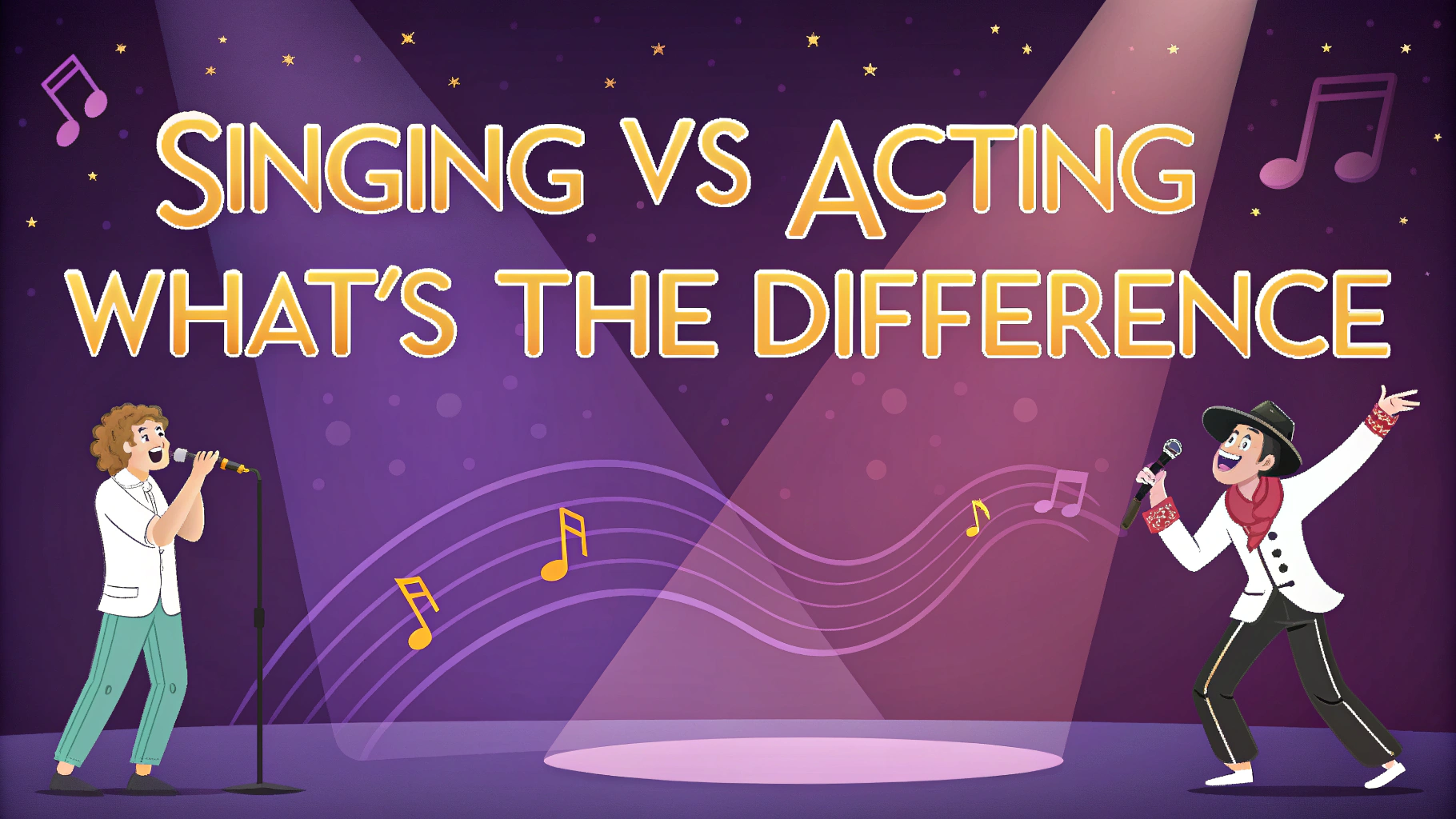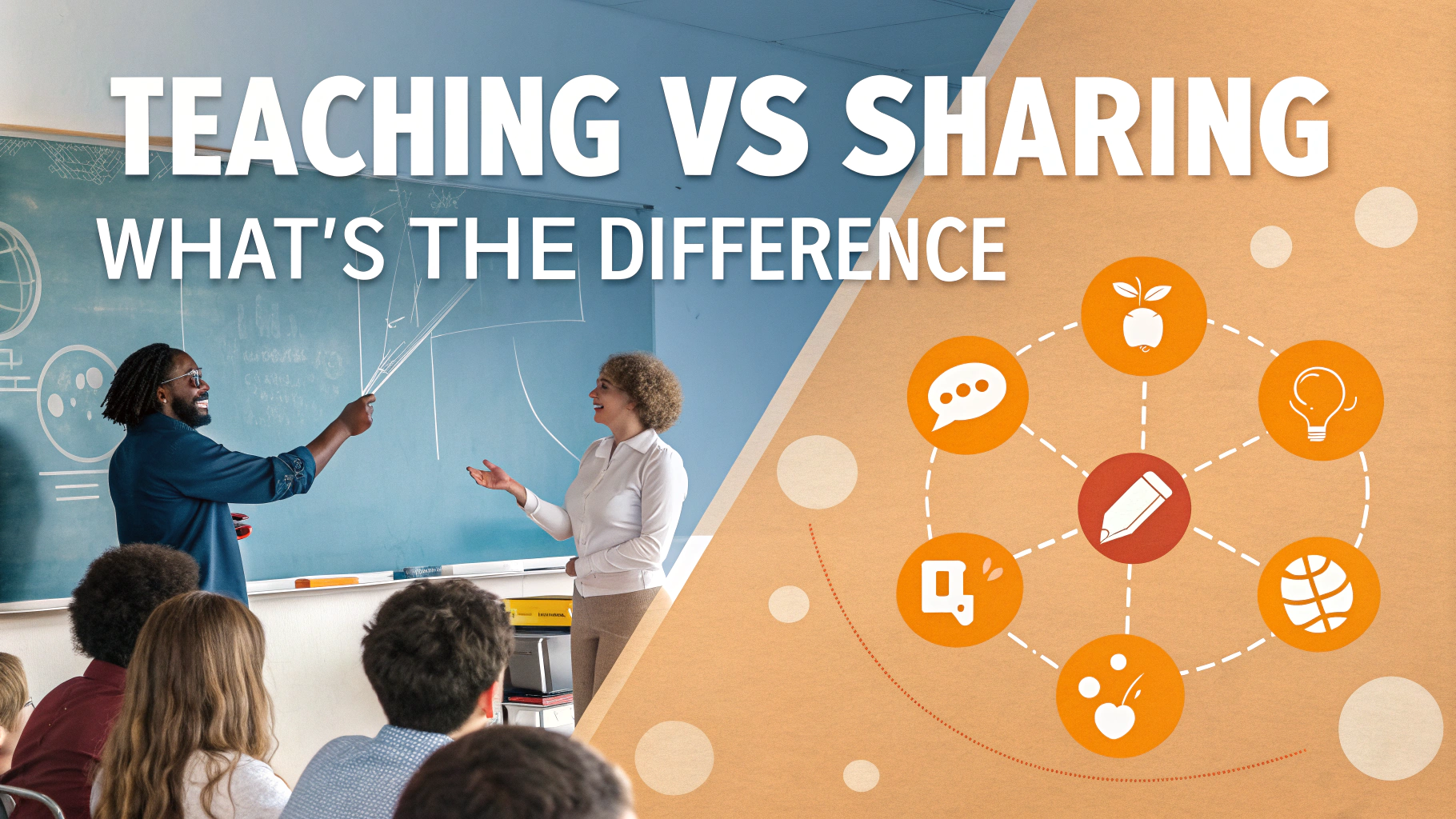A balanced approach to health requires understanding how diet and exercise work together. **Weight management** and **overall wellness** depend on both what you eat and how you move your body.
Most people focus too heavily on either diet or exercise, missing the complementary relationship between the two. Research shows combining proper nutrition with regular physical activity creates better results than focusing on just one aspect.
The Science Behind Diet and Exercise
Different foods affect your body’s metabolism, energy levels, and muscle recovery. Understanding basic nutritional principles helps create an effective **fitness strategy**.
A balanced diet provides essential nutrients for:
- Muscle repair and growth
- Energy production
- Immune system function
- Recovery after workouts
Exercise influences:
- Metabolic rate
- Muscle mass
- Cardiovascular health
- Body composition
Calories In vs Calories Out
**Weight management** follows a simple equation: calories consumed versus calories burned. However, the quality of those calories matters significantly for health outcomes.
Table: Calorie Burning by Activity (30 minutes)
| Activity | Calories Burned* |
|---|---|
| Walking (3.5 mph) | 150 |
| Running (6 mph) | 300 |
| Swimming | 250 |
| Cycling | 200 |
*For 150-pound person
Creating Sustainable Habits
**Long-term success** requires developing habits that work with your lifestyle. Small, consistent changes often yield better results than dramatic short-term measures.
Tips for building sustainable habits:
- Start with one change at a time
- Track progress using measurable goals
- Plan meals and workouts in advance
- Focus on progress, not perfection
> “The best diet and exercise plan is the one you can stick to consistently.” – American College of Sports Medicine
Common Misconceptions About Diet and Exercise
Several myths can derail progress toward health goals. Understanding the truth helps create more effective strategies.
Common diet myths:
- Elimination of entire food groups is necessary
- Carbohydrates cause weight gain
- Eating late at night leads to weight gain
- Supplements can replace whole foods
Exercise misconceptions:
- More exercise always equals better results
- Cardio is the only way to lose weight
- Strength training makes women bulky
- You must exercise daily for results
Putting It All Together: Creating Your Plan
A successful **health strategy** combines proper nutrition timing with targeted exercise. Start by assessing your current habits and goals.
Key components of an effective plan:
- Weekly meal planning and prep
- Exercise schedule that fits your lifestyle
- Rest and recovery days
- Progress tracking methods
Table: Weekly Activity Schedule Example
| Day | Exercise | Nutrition Focus |
|---|---|---|
| Monday | Strength | Protein-rich |
| Wednesday | Cardio | Complex carbs |
| Friday | Mixed | Balanced meals |
| Weekend | Active rest | Flexible eating |
Building a Support System
**Success rates** increase with proper support networks and accountability measures. Connect with others who share similar goals.
Support system elements:
- Workout partners or groups
- Professional guidance when needed
- Online communities
- Family involvement
> “Social support is one of the strongest predictors of exercise adherence.” – Journal of Health Psychology
Your Next Steps
Start implementing changes gradually to build lasting habits. Focus on one new habit every 2-3 weeks before adding more.
Action items to begin:
- Schedule a health assessment
- Create a basic meal plan
- Choose 2-3 exercise activities you enjoy
- Set specific, measurable goals
Remember: **Progress** comes from consistent small actions over time, not from short-term extreme measures.
Diet vs Exercise FAQs
General FAQs
Q: Which is more important for weight loss – diet or exercise?
A: Diet plays a larger role in weight loss, accounting for approximately 75-80% of results. The saying “you can’t outrun a bad diet” is scientifically accurate.
Q: Can you lose weight through diet alone?
A: Yes. Creating a caloric deficit through diet alone can lead to weight loss, though combining diet with exercise provides optimal health benefits.
Q: How do diet and exercise work together?
A: Diet provides the fuel and nutrients while exercise builds strength, endurance, and muscle mass. Together they create:
- Improved metabolism
- Better weight management
- Enhanced overall health
- Stronger immune system
Long-tail Keyword FAQs
Q: Why am I gaining weight while exercising and eating healthy?
A: Common reasons include:
- Muscle gain (muscle weighs more than fat)
- Water retention from new exercise routines
- Underestimating caloric intake
- Overestimating calories burned during exercise
Q: What burns more calories: 30 minutes of exercise or skipping a meal?
A: Skipping a typical 500-calorie meal creates a larger caloric deficit than 30 minutes of moderate exercise, which burns 150-300 calories. However, skipping meals isn’t recommended for sustainable weight loss.
Q: How long should I wait to exercise after eating?
A: Wait 2-3 hours after a large meal, 1-2 hours after a small meal, and 30 minutes after a light snack.
Q: Which exercises burn the most calories without dieting?
A: High-intensity activities include:
| Exercise | Calories/hour* |
|---|---|
| Running (8 mph) | 800-1,000 |
| Swimming laps | 600-800 |
| HIIT training | 600-900 |
*For 150lb person
Q: Is it better to exercise in the morning or evening for weight loss?
A: Both times are effective. Morning exercise may increase metabolism throughout the day, while evening exercise can help reduce food cravings at night.
Q: How many calories should I eat if I exercise 3 times a week?
A: Caloric needs vary based on:
- Body weight and composition
- Exercise intensity and duration
- Overall activity level
- Personal goals (maintenance/loss/gain)
Consult a healthcare provider for personalized recommendations.
Q: Can I eat more if I exercise regularly?
A: Yes, regular exercise increases caloric needs, but it’s important not to overestimate calories burned during workouts. Most activities burn 200-600 calories per hour.



















